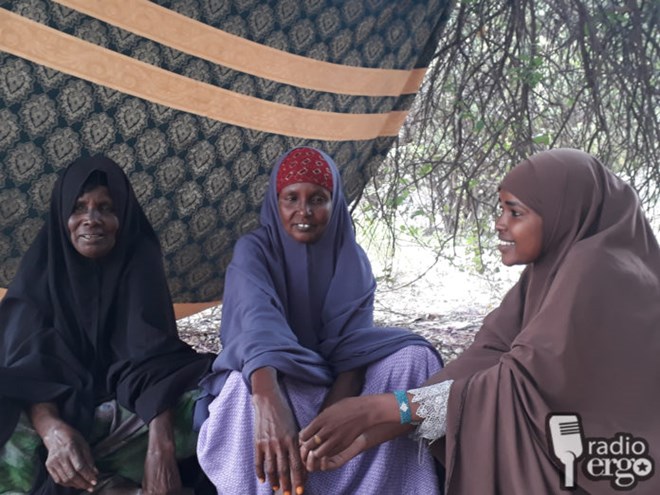
Tuesday April 13, 2021

File Photo/Ergo.
(ERGO) – Galmudug ministry of women and human rights has been conducting awareness campaigns about rape and sexual violence in response to a rise in attacks on women and girls in the central Somali town of Galkayo.
Abshiro Ali Gedi, the head of the ministry, stated that In March the ministry recorded three rape cases, 13 attempted rapes, and a further 13 cases of violence against women, all of which happened in the rural areas of Galkayo.
“The upsurge in rape cases has come as a result of drought in these areas, which causes young girls to go to fetch water from far flung areas, making them vulnerable to rape attacks,” Abshiro said.
She linked the rise in rape cases additionally to the closure of schools due to the resurgence of COVID19, which she said has left many girls with free time to spend walking around the town.
The ministry has mobilised a group of women supported by local female doctors, who are visiting neighbourhoods informing women and girls how to protect themselves. Victims are also advised to inform the ministry to get assistance in reporting cases of rape, without involving the elders.
“As a ministry, we help the victims with medication and tests provided by our partner organisations and health facilities in the town,” said Abshiro.
She noted that the ministry aimed to bring justice for the victims of rape and sexual violence, although they are challenged by the traditional elders settling cases out of court, without giving a say to the victims or involving the authorities.
“When we approach the elders and ask them to try a case in court, they tell us that every family has someone who was raped so they will settle it traditionally,” she told Radio Ergo.
The awareness-raising teams have been travelling to areas within a 10 kilometre radius of Galkayo. They offer women and girls a basic training in self-defence skills in their homes.
For those who have been subjected to rape or sexual violence, the ministry team arranges trauma counselling and supports victims to build a new life through income-generating skills training.
“Some of the girls prefer to relocate from the village where they were raped. We help such girls relocate and we tell them that being raped is not the end of their life,” said Abshiro.